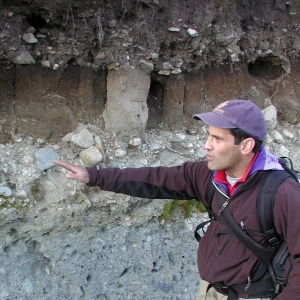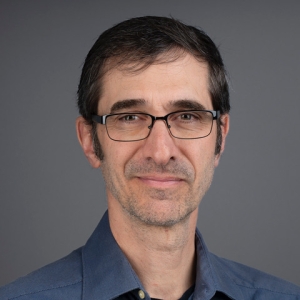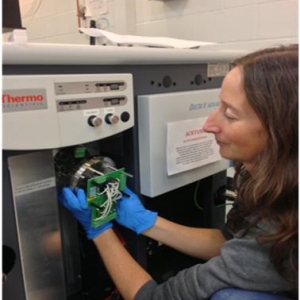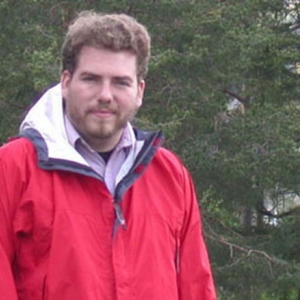Award Supplement: Collaborative Research: RUI: Deep Drilling of Lake Junin, Peru: Continuous Tropical Records of Glaciation, Climate Change and Magnetic Field Variations Spanning the Late Quaternary
The National Science Foundation
Division of Earth Sciences, Paleo Perspectives on Climate Change (P2C2) Program, Research in Undergraduate Institutions (RUI)
Award Date: 08/14/2015 | Supplemental Award Amount: $146,585 | Effective Dates: 07/01/2014 – 05/31/2018 | Award ID: EAR-1402076
Project Personnel: Principal Investigator Donald Rodbell with co-Investigator David Gillikin and Senior Personnel Matthew Manon and Anouk Verheyden-Gillikin (Geology)
Project Summary:
Through this supplemental NSF funding, the project’s outreach team will substantively engage stakeholders including lake area residents, teachers, government officials, and the Peruvian environmental community. This public outreach component of the project partners researches and analysts from Union College, experts from the Continental Scientific Drilling Coordination Office (CSDCO; EAR-1338322) operated by the University of Minnesota (UMN), an evaluator from Arizona State University, and native Peruvians. The NSF support will enable a variety of activities that contribute to the project goals of engaging local residents, widely communicating the purpose and benefits of the drilling project (especially to eliminate concerns that it is concerned with resource exploration or extraction), and initiating a program of community sampling of natural waters for heavy metal and nutrient contaminants. The project addresses several NSF Broader Impacts outcomes, such as:
- Working with teachers in the villages around the lake to help them bring STEM science into the classroom;
- Supporting public science engagement and literacy by working with teachers and agency personnel to develop content for the planned interpretive center on the shores of Lago Junín, renovation of which is funded by this project as well;
- Engaging stakeholders by in-person and Facebook discussions to draw out their own questions about past and future environment of the region, and by involving them in sampling;
- Improving the well-being of individuals in the Junín region through dissemination of research results pertinent to climate change preparation and the effects of mining and hydropower;
- Developing the outreach skills of two early-career Peruvian scientists, a PD. student and a postdoc, who are both working on the project in a research capacity.



